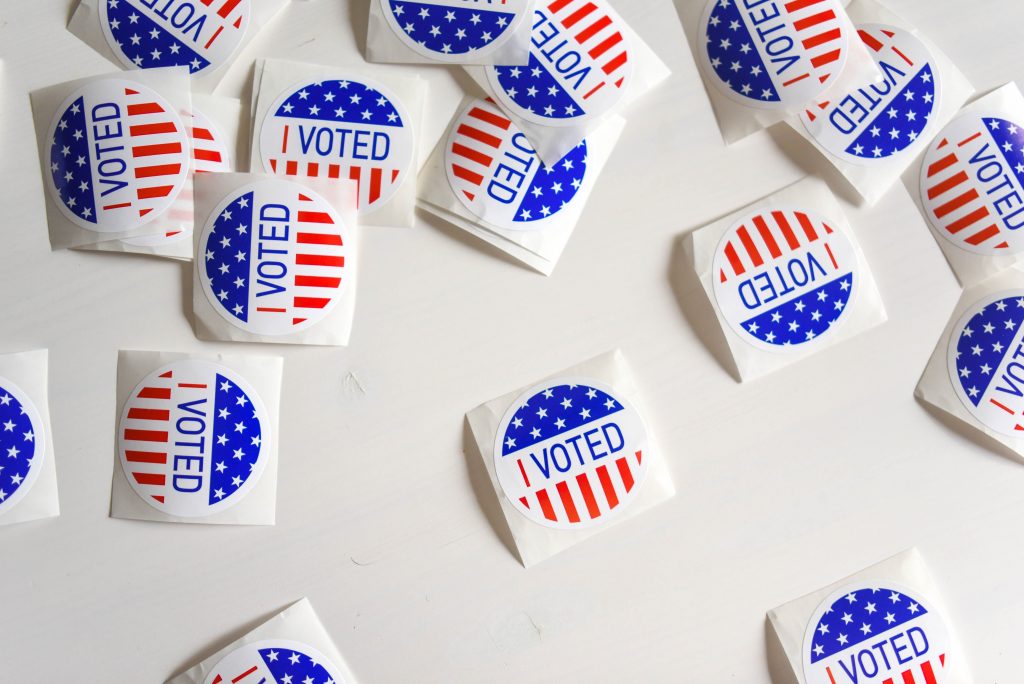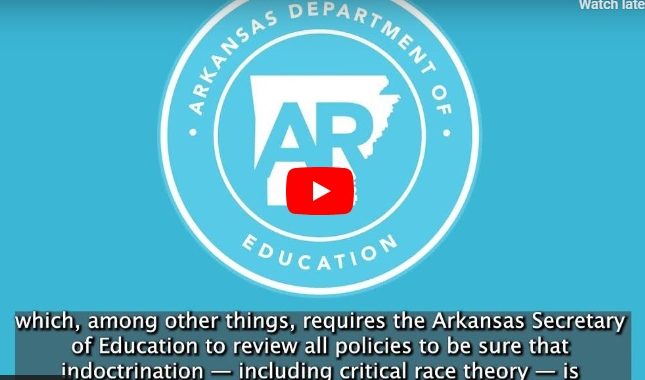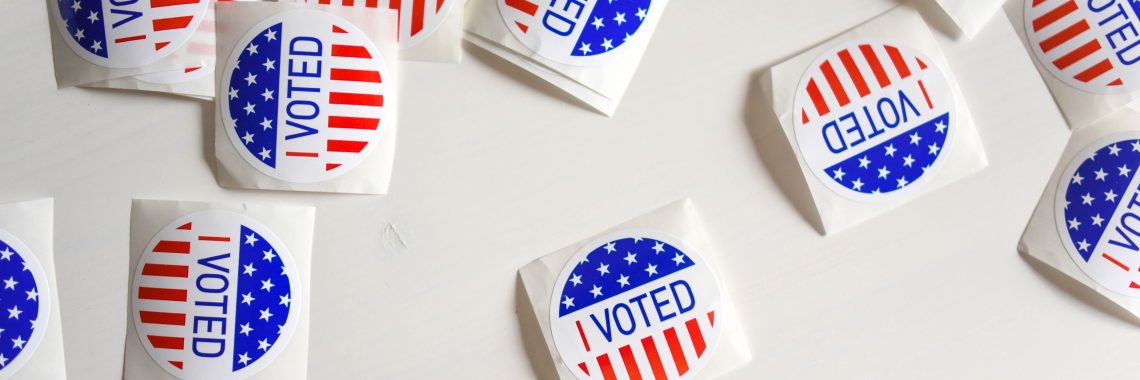Lawsuit Filed to Block Arkansas Law Protecting Students From CRT, Explicit Sexual Material

A federal lawsuit filed Monday would block the State of Arkansas from enforcing a section of the 2023 LEARNS Act protecting public school students from Critical Race Theory and explicit sexual material at school.
Act 237 of 2023 is a comprehensive education law by Sen. Breanne Davis (R – Russellville) and Rep. Keith Brooks (R – Little Rock) titled “The LEARNS Act.”
The law deals with issues such as Critical Race Theory, teacher salaries, public school employment, early childhood care, and protecting elementary school children from inappropriate sexual material at school.
It also provides a blueprint for implementing a voluntary school choice program that would make it possible for students to receive a publicly-funded education at a public or private school or at home.
The federal lawsuit filed Monday specifically challenges Section 16 of the LEARNS Act, which does the following:
- Section 16 requires the Arkansas Secretary of Education to review all policies to be sure that indoctrination — including critical race theory — is prohibited and that no public school employee or public school student is required to attend training or orientation that is based on Critical Race Theory or other prohibited indoctrination.
- Section 16 requires each public school to implement a child sex abuse and human trafficking prevention program that is age appropriate and complies with Arkansas Department of Education standards.
- Section 16 prohibits sexual material in classroom instruction before fifth grade. This includes instruction regarding sexual intercourse, sexual reproduction, sexual orientation, and gender identity.
You can download a copy of Section 16 here.
Under Section 16 of the LEARNS Act, sex education is prohibited in Kindergarten and early elementary school. In later grades, sex education must be conducted according to other state laws—including other Arkansas laws that prohibit explicit, “comprehensive” sex education. Altogether, Section 16 makes significant improvements to Arkansas sex education laws.
The lawsuit focuses on the LEARNS Act’s effect on AP African American Studies at Central High School in Little Rock.
However, the lawsuit asks the federal court to declare Section 16 of the LEARNS Act unconstitutional and block the State of Arkansas from enforcing it.
If a federal court blocked all of Section 16 as the lawsuit requests, that presumably would include the parts of the law protecting public school students from explicit sexual material in the classroom.
You Can Download a Copy of the Lawsuit Here.
Articles appearing on this website are written with the aid of Family Council’s researchers and writers.
Ballot Committees Vying to Pass Constitutional Amendments in Arkansas

With only a year until the 2024 elections, ballot committees are vying to place proposed constitutional amendments on the ballot in Arkansas.
For example, the group Restore Election Integrity Arkansas recently filed paperwork indicating it will work for an amendment requiring elections to use secure paper ballots.
Arkansas Citizens for Truth, Justice, and the American Way likewise has announced it plans to work for passage of five constitutional amendments: one repealing the state sales tax on used cars; another lowering the state sales tax on new vehicles; a third amendment abolishing property tax for individuals over age 65; an amendment to strengthen Arkansas’ Freedom of Information Act; and an amendment “to concern casinos in Arkansas.”
The group notes that these amendments would be for the 2026 election cycle.
The organization Arkansans for World Class Education continues raising funds in the state, according to reports filed with the Arkansas Ethics Commission.
The group worked unsuccessfully to place the “Public Schools Amendment of 2022” on the ballot last year. Among other things, that proposed amendment would have removed the provision in the Arkansas Constitution that lets the legislature make laws concerning the State Board of Education.
The committee Arkansans for Cannabis Reform signaled last year that it might try to place a marijuana amendment on the 2024 ballot, but has reported no activity since then. In 2020 the group unsuccessfully worked to place a recreational marijuana amendment on the ballot.
Although no official ballot committee has formed yet, it is possible the abortion industry will attempt to use Arkansas’ petition process to place an abortion amendment on the ballot in 2024.
Late last year, pro-abortion groups released statements to the media listing Arkansas as one of the places where they would like to pass an abortion amendment.
In January our team intercepted a political poll asking voters in Arkansas a series of questions about campaign messaging for an abortion amendment.
For example, some of the poll questions were along the lines of, “Does the statement, ‘This amendment safeguards reproductive freedom’ make you more likely or less likely to vote for the amendment?”
More than one national pro-life leader has told us that they have heard rumors about pro-abortion petition drives kicking off in Arkansas ahead of 2024 as well.
If that happens, the next 12 months could be a critical time for the pro-life movement in Arkansas.
Articles appearing on this website are written with the aid of Family Council’s researchers and writers.



